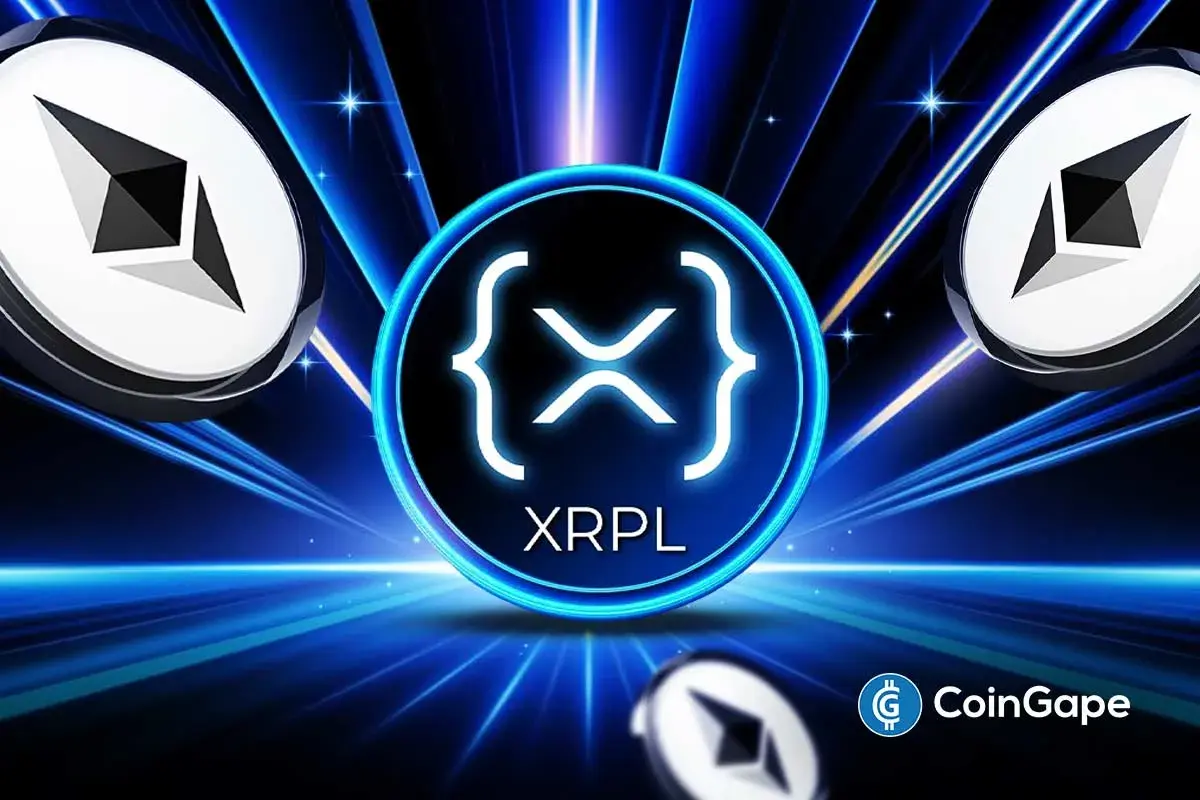Ripple CLO Calls Out SEC for Misleading Court Submission

Highlights
- SEC's use of default judgment as precedent in Binance case raises concerns over transparency and legal integrity.
- Ripple's legal officer exposes SEC's tactic of leveraging unchallenged rulings, fueling doubts in crypto regulation.
- Cryptocurrency industry braces for regulatory shake-up as SEC leverages default judgment in ongoing lawsuits.
Ripple’s Chief Legal Officer, Stuart Alderoty, has highlighted a contentious move by the U.S. Securities and Exchange Commission (SEC). According to Alderoty, the SEC presented a previous court decision to a judge as “supplemental authority” without disclosing that the decision was, in fact, a “default judgment.” This oversight means that the case in question was not defended, and as a result, the legal issues at hand were not fully litigated.
Ripple CLO Stance on SEC’s Submission
The strategy used by the SEC to strengthen its case has worried some, particularly legal experts and stakeholders. A default judgment usually happens when the defendant does not appear or respond in court, causing the judgment to be in favour of the plaintiff by default.
Here, the SEC referenced the ruling in SEC v. Wahi, a case relating to the accusations of insider trading against an ex-Coinbase employee and his friends, to support the continuous lawsuit against Binance, Binance.US, and their former head Changpeng Zhao.
Critics, including Alderoty, referring to the move as “Bad faith,” claim that using the default judgment as a precedent without clearly characterizing its nature could confuse the court regarding the strength of the stated legal principle. This situation has resulted in calls for more openness in legal processes, particularly in cases that could substantially influence the regulatory climate of the cryptocurrency industry.
Implications for the Crypto Industry
The SEC’s submission in question illustrates the complex relationship between regulators and the fast-paced world of cryptocurrencies. The ongoing battles in the courts could result in landmark judgments, which would set the precedent for how digital assets should be categorized and regulated.
The crutch of the SEC’s position is that cryptos purchased on the trading platforms are securities under the Howey test, a legal standard that is used to determine what a security is. This view has serious ramifications for the operational legality of crypto exchanges. Nevertheless, using a default judgment to back this perspective has been condemned for lacking the thoroughness of a fully tested legal cross-examination.
Besides, the events spurred a wider discussion on the regulatory oversight of cryptocurrencies and the role of agencies such as the SEC. While the industry seeks clarity on these matters, the actions of regulatory bodies are being questioned. As such, the approach used in legal arguments and submissions can affect individual cases and the regulatory environment that covers the whole sector.
Read Also: Osprey Seeks Merger with Bitcoin ETF Amid Plans to Dissolve
Play 10,000+ Casino Games at BC Game with Ease
- Instant Deposits And Withdrawals
- Crypto Casino And Sports Betting
- Exclusive Bonuses And Rewards

- Peter Schiff Predicts BTC to Fall, Gold to Rise as Markets Price in Prolonged Iran War
- Institutional Re-Accumulation Signs Emerge as Bitcoin ETFs See $1.1B Net Inflows Since Iran War Began: Glassnode
- From Mining Pool to Infrastructure Platform: Nine Years of EMCD
- U.S.-Iran War: U.S. Oil Prices Spike To One-Year High, Bitcoin and Gold Dip
- Crypto Traders Bet Against U.S.-Iran Ceasefire This Month as Iran Denies Peace Talks
- HOOD Stock Targets $100 as Robinhood Unveils Platinum Card and Advance Dividend Feature
- Bitcoin Price Prediction if Donald Trump Signs the CLARITY Act on April 3, 2026
- Pi Network Price As BTC Rallies Above $74K: Can PI Coin Extend Gains to $0.30?
- XRP Price As Bitcoin Reclaims $74K- Is $5 Next?
- Dogecoin Price Outlook as BTC Recovers Above $73,000
- XRP Price Prediction as Iran-U.S. Peace Talks Trigger a Crypto Rally


 Buy $GGs
Buy $GGs
















